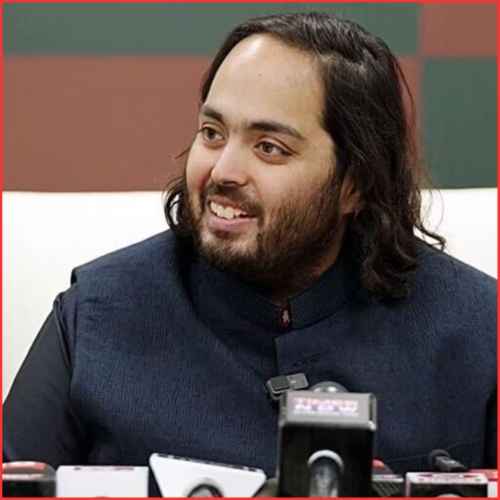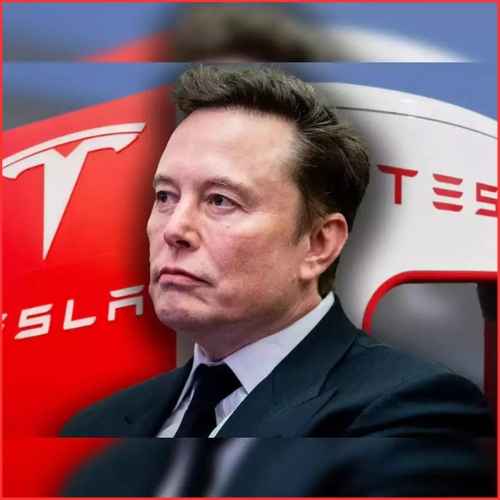BYD, which entered India in 2007, will launch its third electric model, the Seal luxury sedan, by the last quarter of 2023, Gopalakrishnan said. It introduced its first EV, the Atto 3 SUV, last year. It’s planning to sell 15,000 electric vehicles this year.
Chinese carmaker BYD Co. is planning a bold push into India’s electric car market, joining a rush of foreign carmakers jockeying for a bigger share of the world’s fourth-biggest auto market. The Warren Buffett-backed BYD is seeking to capture 40% of India’s EV market by 2030, Sanjay Gopalakrishnan, senior vice president of its local unit, said in an interview at India Auto Expo 2023 on the outskirts of New Delhi.
India’s switch to electric vehicles is lagging behind other countries such as China and the US, hampered by high upfront costs and a lack of charging infrastructure. Still, that hasn’t deterred foreign automakers showcasing EVs at this week’s auto show as they vie for a slice of the potentially lucrative market.
MG Motor India, a unit of China’s SAIC Motor Corp. on Wednesday said it plans to launch three electric models by the end of next year, while South Korea’s Kia Corp. said it plans to invest 20 billion rupees ($245 million) in India over the next four to five years to develop electric vehicles and launch its first domestically made EV in 2025.
BYD, which entered India in 2007, will launch its third electric model, the Seal luxury sedan, by the last quarter of 2023, Gopalakrishnan said. It introduced its first EV, the Atto 3 SUV, last year. It’s planning to sell 15,000 electric vehicles this year.
The company’s expansion comes at a time when India is increasing scrutiny of Chinese firms. Great Wall Motor Co., which planned to invest $1 billion in India, failed in an attempt to buy a mothballed General Motors Co. plant after it didn’t get government approval to close the deal. The government is also probing MG Motor India, a unit of Chinese carmaker SAIC Motor Corp., over alleged financial irregularities.
While India is a value-conscious market, BYD will prioritize introducing higher-priced cars to showcase its “premium” technology, and then slowly work toward mass-market vehicles, he said. Gopalakrishnan said consumers are no longer so price-sensitive, with 41% of the 3.8 million cars sold in India last year costing more than 1 million rupees.
The carmaker currently assembles vehicles at a plant in the southern city of Chennai. It will explore adding manufacturing facilities when demand increases in the next two to three years, Gopalakrishnan said. With increased manpower and double shifts, its Chennai plant can produce 50,000 vehicles annually.














